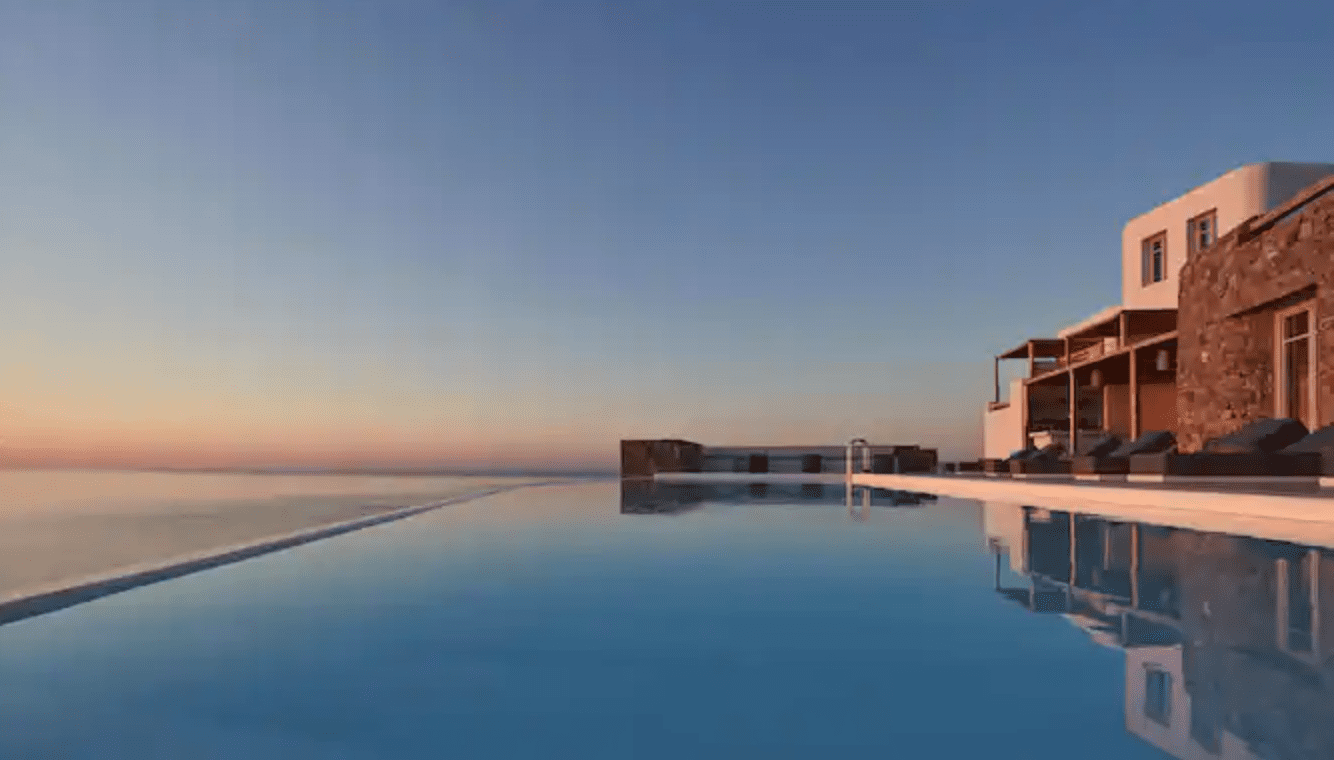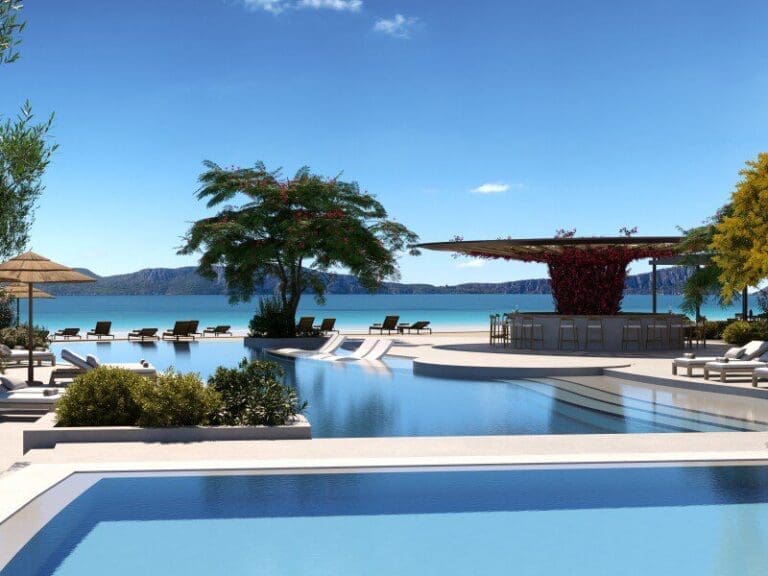Unfortunately, Greece tourism is taking a dangerous route towards providing “all-inclusive holidays”.
Clearly, there is a market demand for “all-inclusive”, a trend that has developed over the past five or so years. Sadly Greece as well has allowed itself to be fooled by the global tourism business.
On Rhodes and Lesvos for example, whilst the old towns are busy and clearly a desirable tourist destination, you only have to visit the resorts to see the impact of all-inclusive hotels on the tourism infrastructure. Family-run taverns, small shops, small and family-run hotels, car rentals, and others have disappeared over the course of the past five years. What had been a vibrant local economy has been transformed into a sad wasteland.
On Crete, an island I know well, the impact of the all-inclusive hotels is even more marked. A key example is Kato Gouves on the north coast, where a handful of resorts cater for the bulk of the island’s tourists. The vast majority of the taverns, once busy and employing not only whole Greek families but other locals too, are gone. Small family hotels are empty and owners are desperate since operation expenses are huge.
There are tourists, but they are swept past the struggling local businesses in air-conditioned luxury to be deposited at arranged destinations for ‘adventure’ opportunities, then back to eat and drink in the hotels. In the evenings they just stroll past the empty taverns and bars, and then back into the hotel
Everyone wants a holiday, and in the current difficult economic times, all-inclusive offer us the opportunity to feel assured that we can afford our trip. When evaluated from the customers’ perspective, the guarantee of a fixed travel budget is understandable.
But, what does the resurgence of the all-inclusive model, where tourists are invited to ‘leave their wallets at home’ mean for the destinations we visit?
Inside, the staff is rarely Greek. The ownership of the hotel most of the time belongs to an overseas multi-national company and profits are repatriated overseas. Thus, local people see little or zero economic benefit.
The all-inclusive trend is undoubtedly crippling the local economies of resorts across the country. The current mainstream all-inclusive model is perpetuating social and economic exclusion and inequality while threatening the very character of the destination that tourists pay to see. It is difficult to see what they contribute beyond the phony “Greek Nights”, for coach drivers and tour operator reps. To make all-inclusive more sustainable, we should level the playing field and give power to local communities. The destiny of local communities shouldn’t be left to profit-driven companies.
As for the tourists themselves, what do they see of Greece? For all they know, they may as well be in Turkey or Portugal. Advice to tourists is that in Greece and many (but not all) popular destinations, there are attractive locally owned hotels or self-catering accommodation that is just as cheap as all-inclusive. They will enable you to discover more about the destination and local cultures, and increase the benefits to local communities.
Many years ago a proportion of each Euro spent in a resort would filter back into the local economy, but income from tourism is now leaking out of Greece and only a small amount gets into the local economy. Unluckily, counting the number of arrivals at airports as a means of gauging tourism success or failure is no longer of any value to the thousands losing their businesses and livelihoods each season.
Unfortunately, the “all-inclusive” trend it is not a problem of Greece only, it is a global phenomenon that causes problems to many local communities around the world. Before it is too late, “all-inclusive” needs to be regulated and limited, because it is not only the business of one tour operator or one hotel, it’s a business of a whole community.
About the author
Philia Tounta, MBA, Ba, Di, is a travel and tourism consultant and ambassador of tourism in Chania, Crete, Greece. She is the General Manager at Apokoros Family Club Hotel 7 Villas and has been a Customer Service consultant for various hotels since 2004, as well as sales ambassador for You Planet.com. Philia is also a speaker at conferences and seminars concerning tourism.































